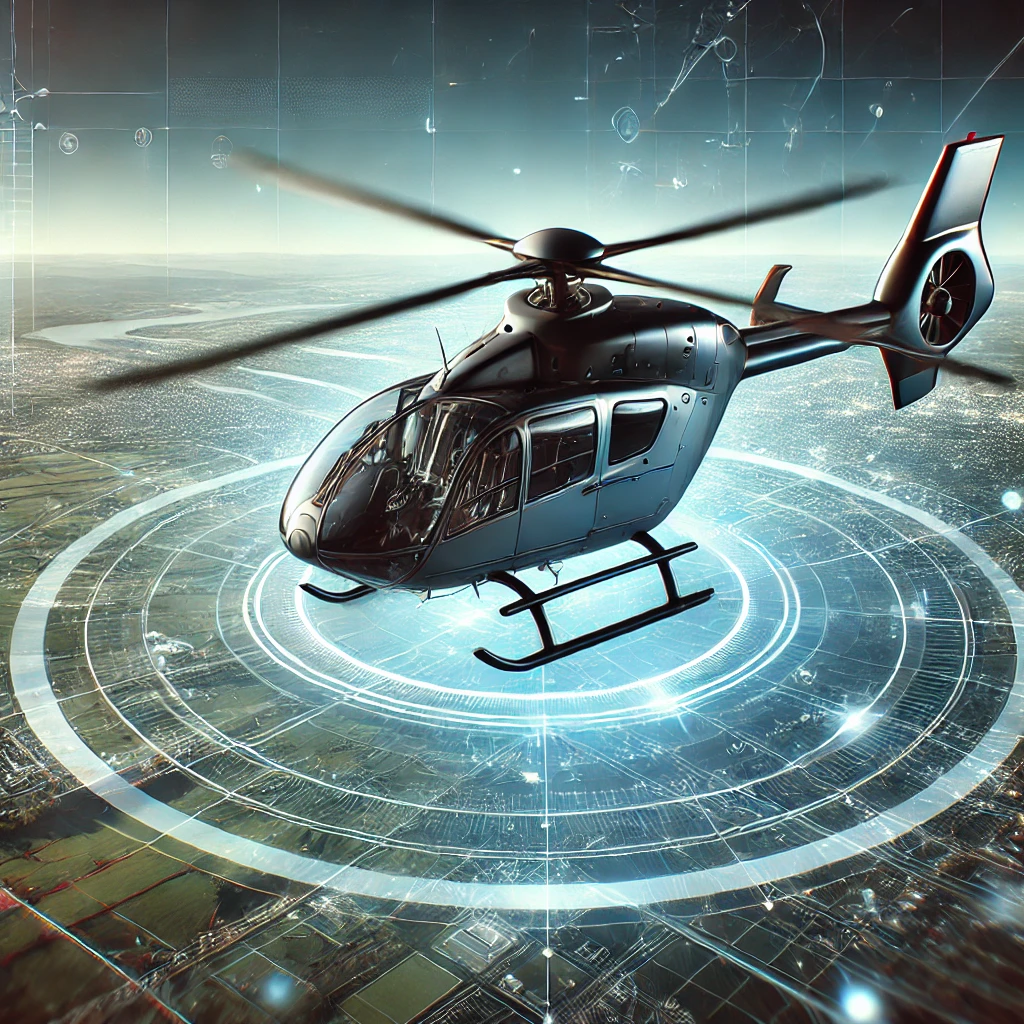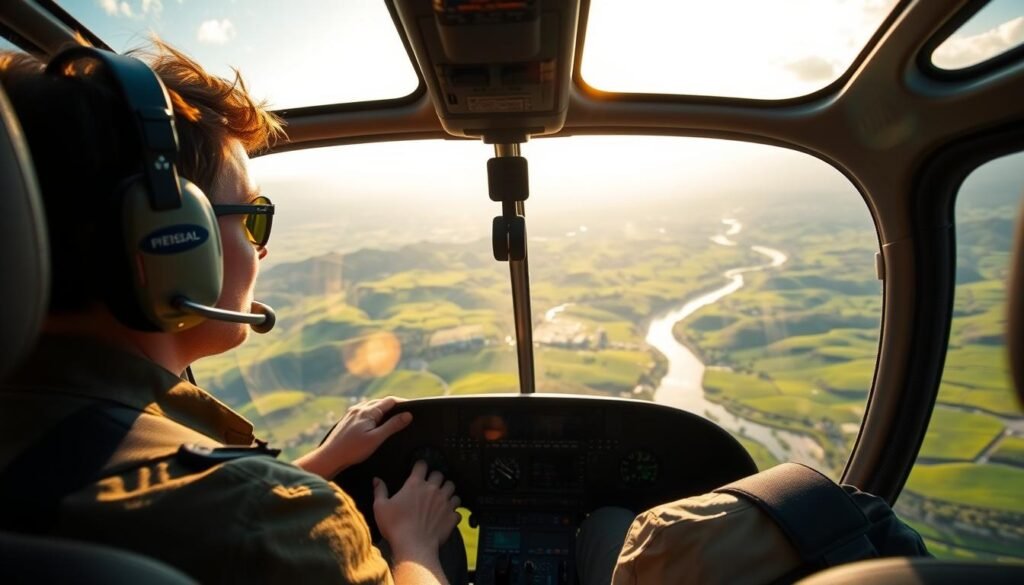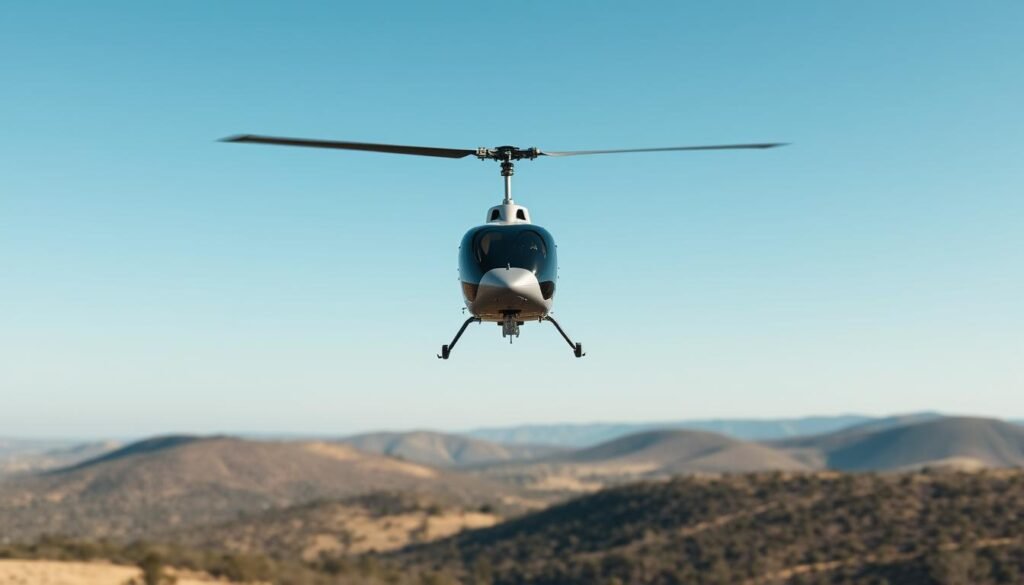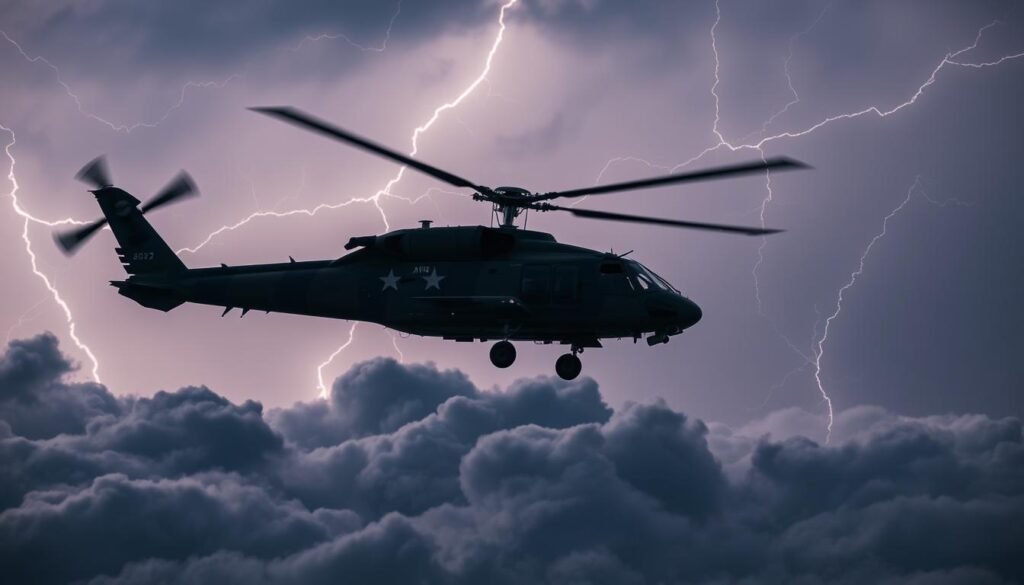Helicopters are incredible machines with the ability to hover, fly in tight spaces, and access areas that airplanes cannot. Despite their unique capabilities, helicopters are often surrounded by myths and misconceptions, especially when it comes to safety. These myths can create unnecessary fear and misunderstanding about helicopter operations. In this article, we will debunk the top 10 myths about helicopter safety and provide you with the facts.
1. Myth: Helicopters Are More Dangerous Than Airplanes
Fact: Helicopters are not inherently more dangerous than airplanes. Both types of aircraft have strict safety regulations, and modern helicopters are equipped with advanced technology that makes them as safe as airplanes. Helicopters also have a distinct advantage in that they can hover and land in smaller areas during emergencies, giving pilots more options for landing safely in the event of mechanical issues.
2. Myth: Helicopters Can’t Glide Like Airplanes in an Emergency
Fact: While helicopters don’t “glide” in the same way as airplanes, they have a unique feature called autorotation. In the event of an engine failure, the pilot can use autorotation to safely descend and land. This allows the rotor blades to keep spinning using the air flowing through them, giving the helicopter control during descent.
3. Myth: Helicopters Fall Out of the Sky if the Engine Fails
Fact: Contrary to popular belief, helicopters don’t just drop out of the sky if the engine fails. As mentioned above, autorotation allows the helicopter to descend in a controlled manner, using the natural airflow to keep the rotors turning. Pilots are trained to handle engine failures and land safely in this situation.
4. Myth: Helicopters Are Unsafe in Bad Weather
Fact: While it’s true that helicopters are more affected by weather than larger aircraft, modern helicopters are equipped with advanced avionics and weather detection systems that allow them to fly safely in many conditions. Helicopter pilots are also trained to avoid dangerous weather patterns, such as thunderstorms or heavy winds, ensuring safe operation.
5. Myth: Helicopters Are Prone to Crashing More Often Than Airplanes
Fact: Helicopters have a solid safety record, and many crashes are attributed to factors such as poor weather or pilot error, which also affect airplanes. Helicopters are often used in high-risk situations, such as search and rescue or emergency medical services (EMS), which can skew perceptions about crash rates. In reality, helicopters undergo rigorous maintenance and safety checks, just like airplanes.
6. Myth: Helicopter Pilots Have Less Training Than Airplane Pilots
Fact: Helicopter pilots undergo extensive training, similar to airplane pilots. Helicopter pilot training includes both ground school and flight training, and pilots must pass multiple tests to earn their licenses. They are also trained in handling emergencies, autorotation, and flying in a variety of weather conditions. The complexity of helicopter flight requires pilots to be highly skilled.
7. Myth: Helicopters Can’t Fly at Night
Fact: Helicopters are fully capable of flying at night, thanks to night vision technology and instrument flight rules (IFR) equipment. Many helicopter missions, especially in emergency medical services, are conducted at night. Pilots are trained to fly in low-visibility conditions and use the necessary technology to ensure safety during nighttime operations.
8. Myth: Helicopters Can’t Fly as High as Airplanes
Fact: While helicopters typically fly at lower altitudes than airplanes for operational reasons, many helicopters are capable of flying at high altitudes. For example, helicopters have been used in mountain rescues in the Himalayas at altitudes above 20,000 feet. The altitude limit depends on the helicopter model and the mission, but helicopters can fly much higher than many people realize.
9. Myth: Helicopters Can’t Handle High Winds
Fact: Helicopters are more maneuverable than airplanes, allowing them to handle high winds better than people think. While pilots may avoid extreme weather conditions, modern helicopters are equipped with stability control systems that help them fly safely in windy conditions. Helicopters can hover and land vertically, giving them an advantage in gusty or turbulent environments.
10. Myth: Helicopter Maintenance is Lax Compared to Airplanes
Fact: Helicopter maintenance is strictly regulated and just as rigorous as airplane maintenance. Helicopters are subject to frequent inspections, and any mechanical issues must be addressed immediately before the aircraft is allowed to fly again. Maintenance crews are specially trained to ensure that helicopters are in perfect working condition, minimizing the risk of technical failures.
Conclusion
Helicopters are safe, reliable aircraft that play a critical role in many industries, from search and rescue to medical evacuations and military operations. The myths surrounding helicopter safety are often based on misunderstandings or outdated information. By debunking these myths, we hope to provide a clearer understanding of how safe and capable helicopters truly are. Whether for leisure, emergency services, or industrial use, helicopters continue to be an essential and safe mode of transportation.
Related Articles
- Can Anyone Learn to Fly a Helicopter? Understanding Training and Skills Required
- Why Do Helicopters Make That Distinctive Sound? Helicopter Noise Explained
- Do Helicopters Require More Maintenance Than Airplanes? Separating Fact from Fiction
- How Far Can Helicopters Travel? Dispelling Range Myths
- What Happens if a Helicopter Engine Fails? Debunking Catastrophe Myths
More from This Category
- Are Helicopters More Dangerous Than Planes? A Safety Comparison
- Do Helicopters Have Parachutes? Exploring Emergency Systems
- Can Helicopters Fly Upside Down? The Truth Behind Aerobatic Stunts
- Do Helicopters Need a Runway? Myth vs. Reality
- How Much Does It Really Cost to Fly a Helicopter? Busting the Myths
- How High Can Helicopters Fly? Debunking Altitude Myths
- Can Helicopters Fly in Bad Weather? Understanding Helicopter Capabilities
- Do Helicopters Really Hover Forever? Separating Fact from Fiction
- How Safe Are Helicopters? Debunking Common Misconceptions
- Top 10 Myths About Helicopter Safety: What You Need to Know



